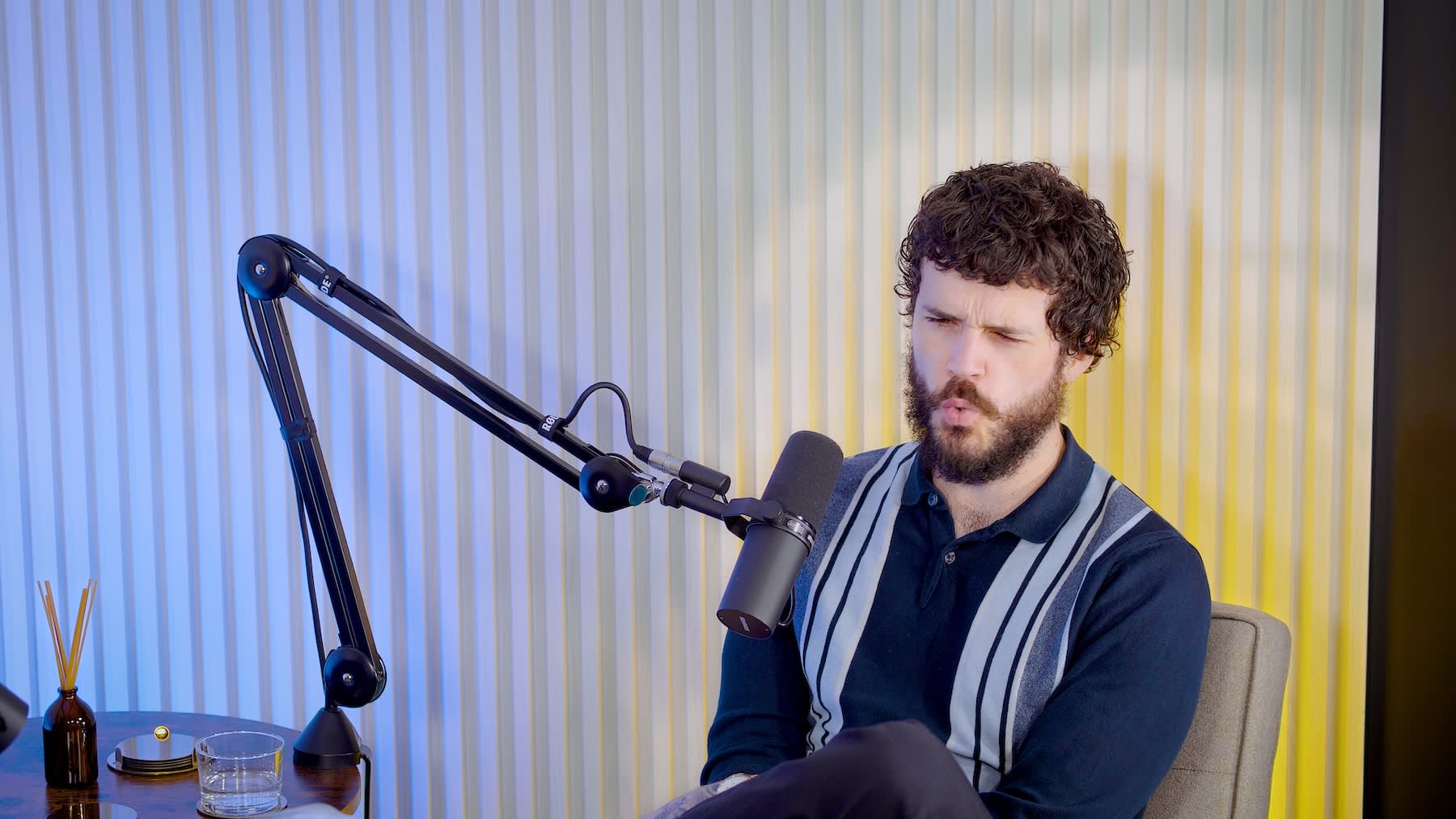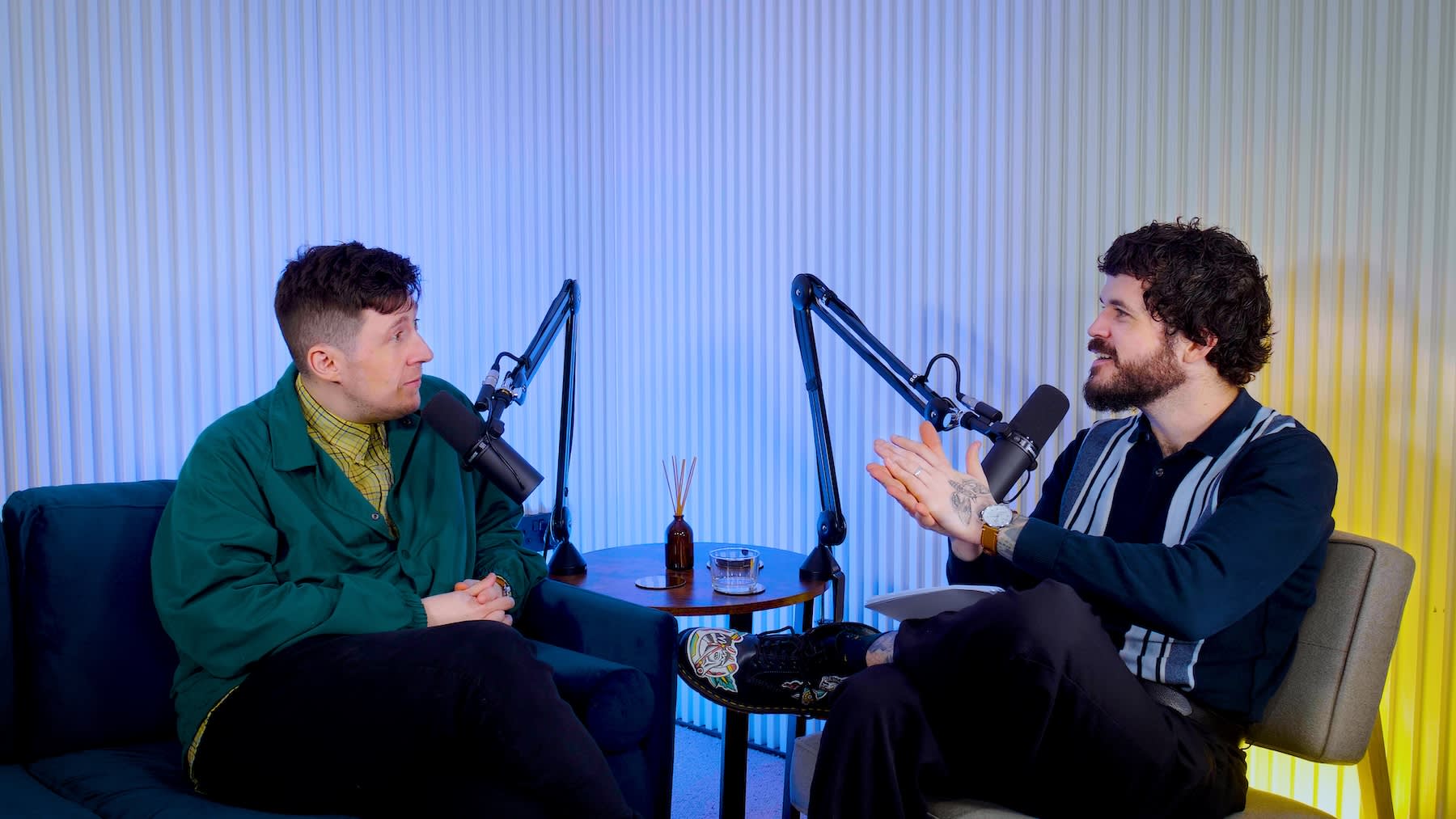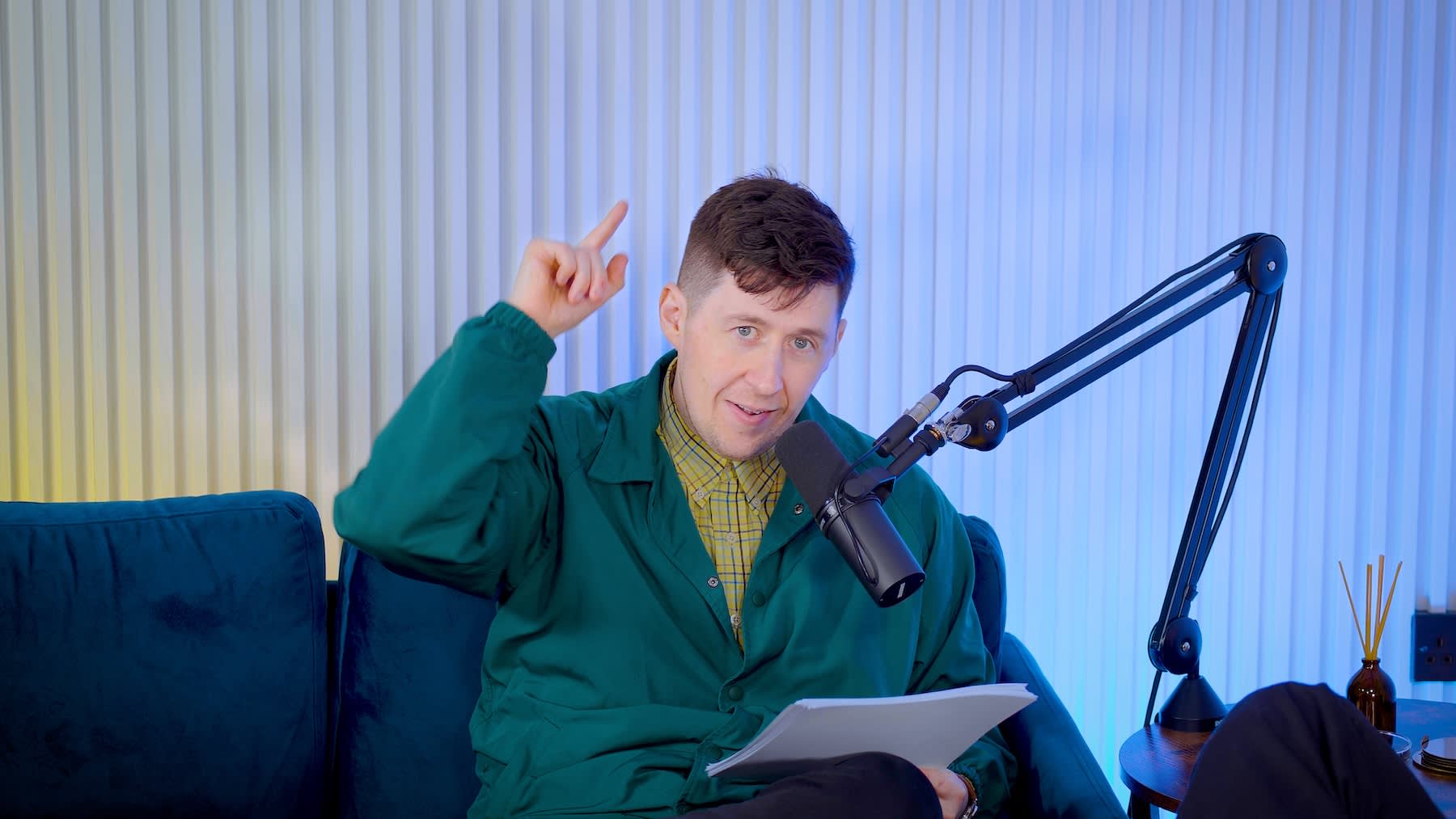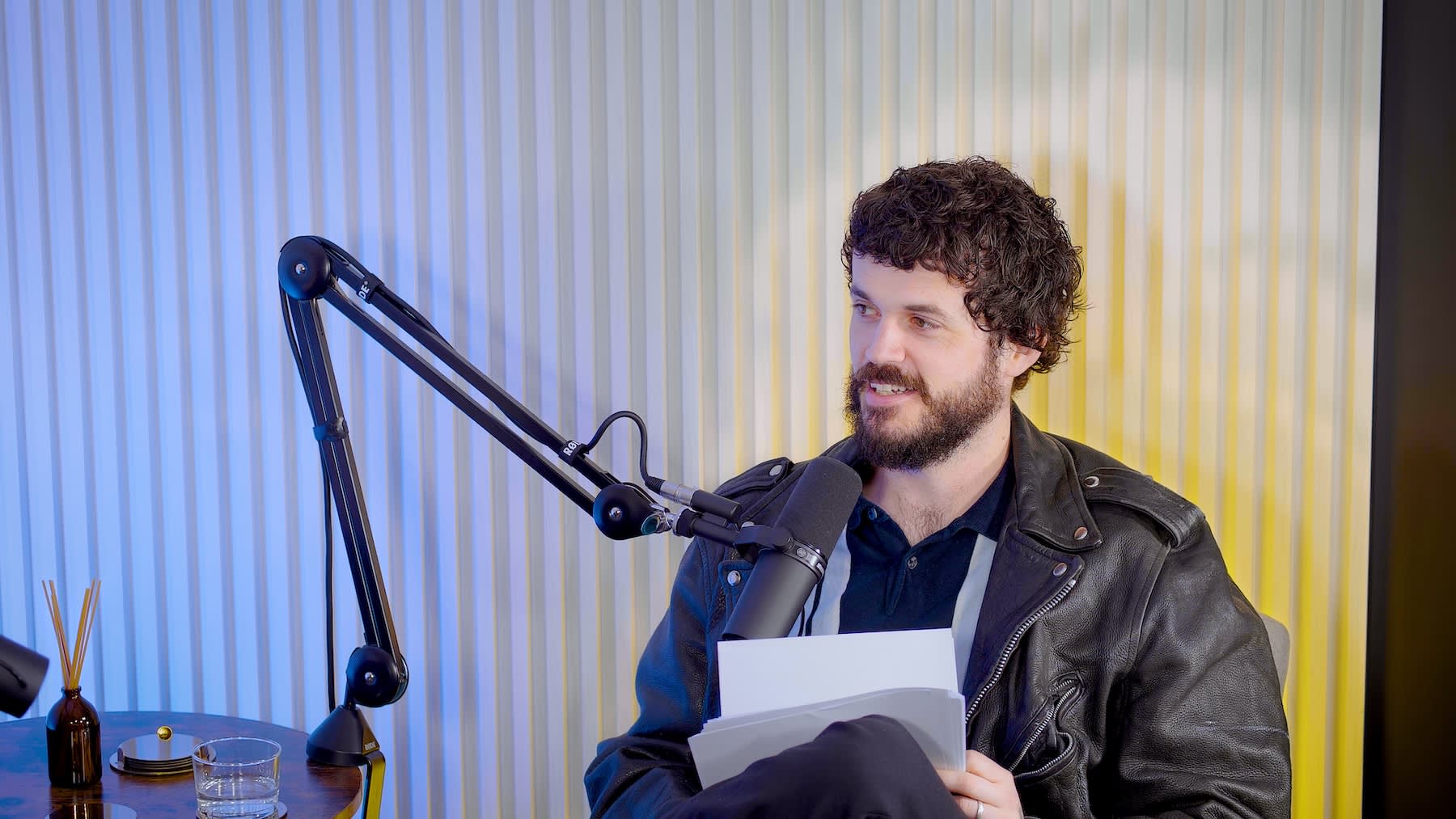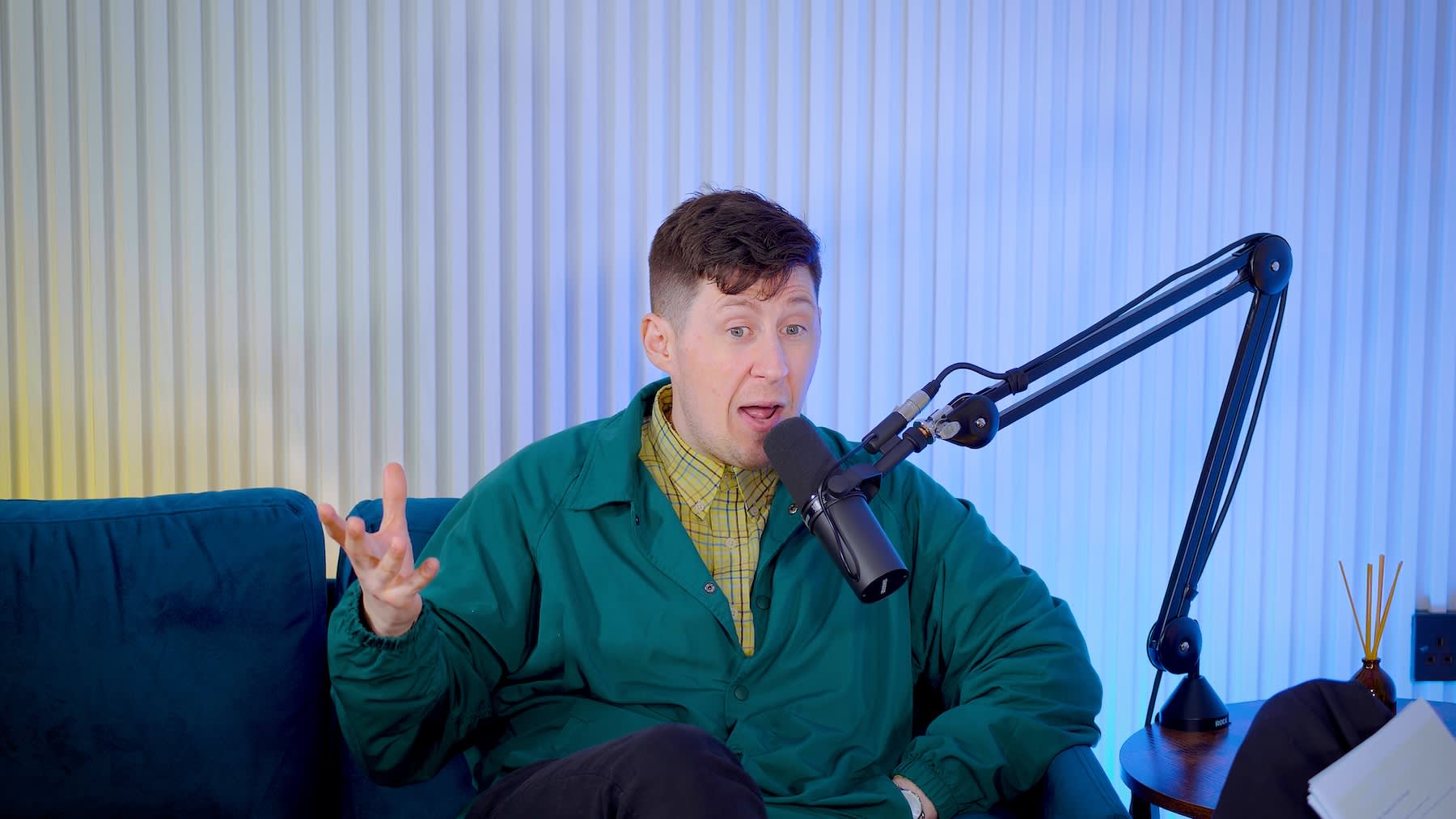
“Well-being is built through small steps, but it’s anything but small.” - Zeno
Big changes don’t happen overnight. They come from small, consistent actions
In sales, it's often the little things that make the biggest impact — a timely follow-up, a personalized message, or remembering a client’s birthday.
Mastering the fundamentals can elevate your overall performance.
Just like a chef perfecting a dish, paying attention to the details sets you apart. As Marco Pierre White said, “Perfection is lots of little things done well.”
Actionable tips:
- It’s often the second or third touchpoint that seals the deal. Don’t just rely on a single email; craft a thoughtful follow-up that addresses your prospect’s needs.
- Instead of only celebrating closed deals, recognise the little wins, like getting a callback, securing a meeting, or even a positive response to a cold email. These small victories will keep you motivated.
Remember you will die. —
Subscribe to The Sales Stoic for daily insights: https://www.dealfront.com/resources/newsletters/the-sales-stoic/
Follow Jack & Zac: Jack: https://www.linkedin.com/in/jack-frimston-5010177b/ Zac: https://www.linkedin.com/in/zac-thompson-33a9a39b/
Connect with We Have a Meeting: LinkedIn: https://www.linkedin.com/company/we-have-a-meeting/ Website: https://www.wehaveameeting.com/
Disclaimer:
The Sales Stoic draws inspiration from the profound wisdom of Stoicism as presented in Ryan Holiday's "The Daily Stoic." As avid readers & fans, we deeply respect the work of Ryan Holiday, and acknowledge the significant impact of Stoic philosophy on our own approach to sales and life.
While The Sales Stoic applies the core principles of Stoicism to the unique challenges and opportunities faced by salespeople, it is an original work with its own distinct voice and focus. We aim to build upon the timeless wisdom of Stoicism to empower sales professionals with practical guidance and actionable insights for success in their careers and personal lives.
![Jack Frimston]()
Jack Frimston
Co-Founder at We Have a Meeting
![Zac Thompson]()
Zac Thompson
Co-Founder at We Have a Meeting
Right. And you what happened there? Yeah. I started off strong, you let us down. Success is in the details. That's what today's theme is about. It's a short one, so I you to really hold on tight. Can I see you holding on for a start? Well-being is built through small steps, but it's anything but small.
You like that one? Well-being is built through small steps, but it's anything but small. It's actually by Zena, that one. Wow. Bit like SEO. Bit like SEO. But actually I want to take this in an interested angle. I want to see what you've got for me on this one, Jack. The post-mortem, when you're going over a consulting client, going over your own deals, talking to our team about the things that went wrong, the reasons why deals didn't typically go ahead.
What do think are the most common things that you're seeing? Good question. I will answer it, but I'm going to answer a different question first. I actually don't think people should be doing post mortems. I think they should be doing pre mortems. So fitting in really well was that seeing why someone died while they're alive. No, you would think like, okay, if if I imagine, if I look at Zach's life now and imagine he was to die, like
What was the cause of Zach's death and why was it texting while he was driving? kind of things. But you can analyze it in all aspects of life. But you can analyze it on your sales. can say, right, OK, if I look at the month of May or June moving into it, why would I not hit target and list all the reasons? Well, you've run out of contact data. You're not prepared. You've reached your accounts. You're having a week's holiday. OK, well, what can I do to fix those?
It gets you thinking about those things. So I always say, can you do it before things have gone wrong? But actually in sales that that isn't that is life. You're always going to be in a position where you look back. I also think like you've got to have self-awareness. You've got self-compassion to say I'm doing a post-mortem. A post-mortem isn't being hard on myself. It is being very logical and being like, right, what could have been changed? What could be avoided? And what will I learn? So making sure you're going into it go, what went wrong?
What could have changed and what have I learned? Making sure that you leave that post-mortem with something powerful that you can take forward. If it is just sitting down and doing a post-mortem of finding out what went wrong, pointless. You know, viral cult calling sensation, Julia. Yeah. Second teeny. If I call you back tomorrow, will it be a warm call? Yeah. Julia. He messaged me a little while ago and said, are you still doing training? And I said, not really. Why?
And he said, I could just do with someone holding me accountable. And this is a man who's, uh, you know, he's viral all over the place. You can't miss when we ring people. say, is that Julio's opener? I think I taught it to him, mate. So, uh, but I just really like that attitude. I think that's really, really hard to do. So credit to, to Julio, but, being at the top of your game, doing really well, being really noticed as an expert in your space and still having that room in yourself to go, I could probably still do with someone holding me accountable.
And doing better. You can always do better. Same reason why you could be the best MMA fighter in still want a coach. You're still training every day. You still got Khabib, you know about Khabib don't you? You still got a coach there who's pushing you and holding you accountable. Bodybuilders still have coaches and dietitians and there's still a purpose to have these people holding you accountable along the way.
But one of the things that you want to be able to, because not everyone's this luxury of being, not everyone's got a good leader, not everyone can afford to have a trainer or a coach or something. Well, then you need to build the skills of, you able to dialogue with yourself? Are you able to listen back to your calls and be kind of objective about that bit there when that objection comes up? actually, I'm not very good at that. don't know what to do. And then there's probably a book or a YouTube video or there's something around that bit that you're struggling with that someone's not only done overcome, but they've documented it.
And you can learn from that. So I don't think with stuff like this, it's a, you're limited in information. I think sometimes you're limited in awareness. Yeah. And talk about what you do on ⁓ Claude, where you're like, you're having conversations, you're learning, you practice skills on Claude. So like you could apply that to so many different like angles. And I know that there's AI out there that you can like practice a cold call. Should show you what I do? Yeah, please.
So I get clawed up. Show that up to the camera though. People are this thinking, is it 2025 or 2004? Right, so I get clawed up, yeah, and I go pretend to be a famous person with an opinion and let's practice my Socratic.
questioning, which is like a debate technique, right? So now it's just said, okay, I'll play the role of Mary Curie, Nobel Prize winning physicist and chemist. Her opinion is, I firmly believe that scientific progress is impossible without complete transparency and open sharing of research. The greatest advancements come from scientific collaboration freely rather than guarding their discoveries. Science belongs to humanity, not to individual researchers or institutions.
And then from there, I would practice Socratic skills. What's the first, because I've got a question I'd ask. What question would you ask? Well, usually with, I'll give people a little tip here with when people come to you with very strong opinions and you're looking to use the Socratic technique, I always ask people to define what they mean. I would have gone for impossible. Yeah. So I might have gone, so you've gone for impossible. I might go for achievements or advancements because actually when you go down that path of like, what does advancements mean?
what's the cost of that and what's the cost of that being on human beings having access to that level of information. You can quickly kind of unpick it. But yeah, I do that with, I do it with opinions that I've got. do it with, what I've noticed is we've got opinions now that you can just kind of throw it into the ether without really fact checking anything. So I always try and like actually fact check things using AI, almost like it's like a consultant for my random thoughts.
If it can't find any concrete research on something, I'm just like, well, I can't, I can't have it as part of my belief system. ⁓ I do like that, but then I wouldn't have a belief system left. I know. But then we were talking about something today, weren't we about whether you should wake your baby up in the morning? I've been Jack Frimston. I've been Zach Thompson. Remember you would die. Gold is in the bold. Gold is in the house.


